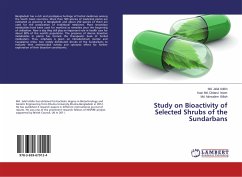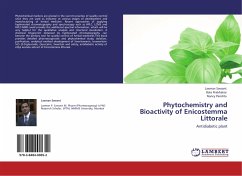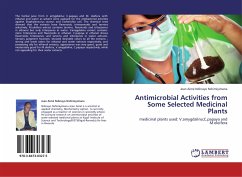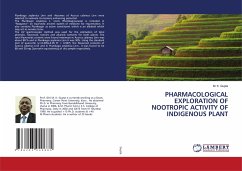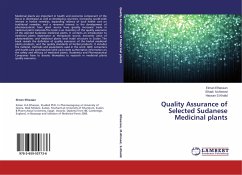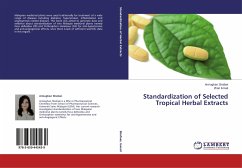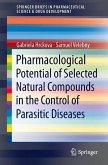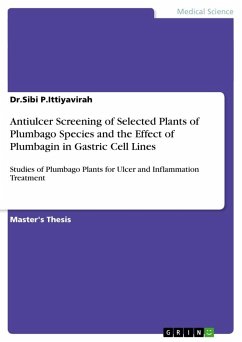Bangladesh has a rich and prestigious heritage of herbal medicines among the South Asian countries. More than 500 species of medicinal plants are estimated as growing in Bangladesh and about 250 species of them are used for the preparation of traditional medicines. Plant secondary metabolites have been used for mankind as remedies since the beginning of civilization. Now a day they still play an important role in health care for about 80% of the world's population. The presence of diverse bioactive metabolites in plants has formed the therapeutic basis of herbal medication. Thus, emphasis is given on Clerodendrum inerme and Caesalpinia crista, two widely distributed shrubs of the Sundarbans to evaluate their antimicrobial activity and cytotoxic effect for further exploration of their bioactive constituents.

